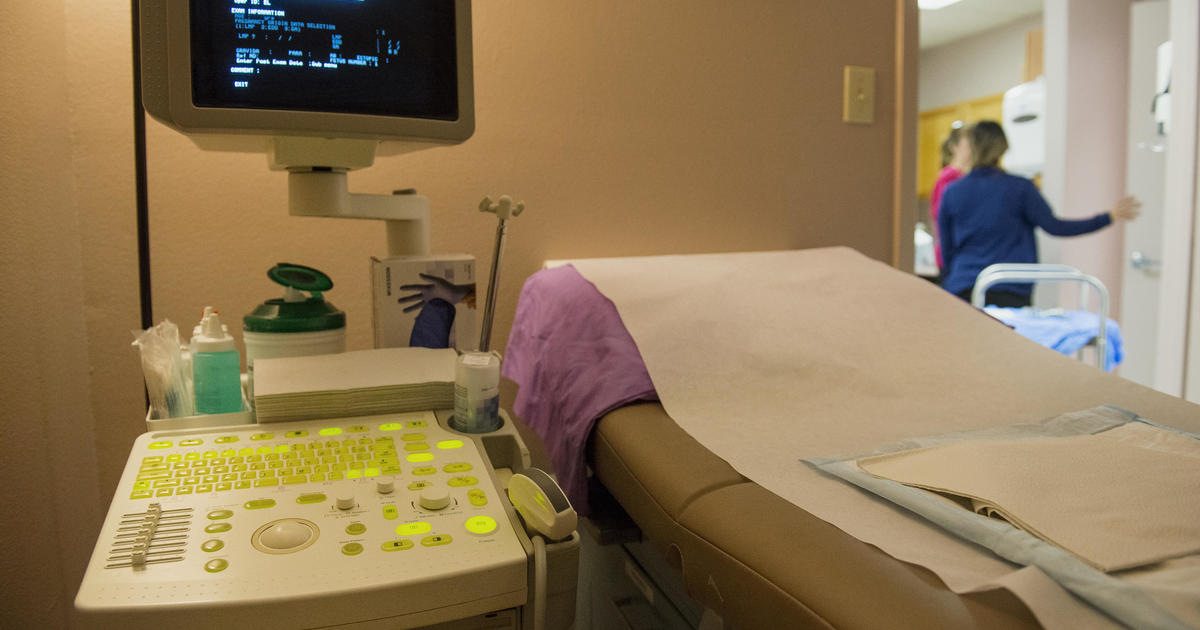
State officials from conservative states said they would move quickly to restrict abortion, while in other states, some officials pledged to keep the right to access.
Sixteen states plus the District of Columbia have laws that protect the right to abortion.Three other states have laws on the books that will ban abortion after about six weeks of pregnancy.
Kansas and Montana, which are among the states that have abortion rights enshrined in their constitutions, could see rollbacks in those protections through a ballot measure in Kansas and a legal challenge by the Montana attorney general.
In at least eight states, the right to abortion isn't explicitly protected or prohibited by state law.
As was the case before the Supreme Court's 1973 Roe decision, people seeking abortion care will also be subject to a variety of restrictions even in states where the procedure is still legal.Supporters of abortion rights and Democratic lawmakers in Congress have pushed the administration to make it easier for women to obtain medication abortion, which is available up to 10 weeks of pregnancy and involves taking two pills, assessing whether services could be provided on federal property even in states that ban the procedure, and bolstering digital privacy to protect patients.According to the Guttmacher Institute, a research organization that supports abortion rights, the pills accounted for more than half of all abortions in 2020, the first year medication provided the majority.
Mary Ziegler, a professor at the University of California at Davis School of Law and an abortion legal historian, said that, even as conservative states move to curtail access to medication abortion, the Biden administration could argue that the FDA's rules and guidelines on mifepristone preempt any state laws that criminalize that method.
For now, as a result of the Dobbs decision, states that ban abortions are likely to set limitations or bans on abortion pills as well.But some advocates note that people in those states still may be able to obtain abortion pills and perform a "self-managed" abortion at home, which carries some additional risk if the woman has a complication (though complications are very rare).
And abortion pills will still be accessible in states where abortion is allowed.
Before Roe was overturned, many states had already enacted restrictions on obtaining abortion pills, including prohibiting the pills from being sent through the mail and not allowing patients to be prescribed the medication via a telemedicine appointment.There is also concern among abortion rights activists that the states that outlaw abortion could go even further and criminalize traveling to another state to get an abortion, though this is an untested legal frontier and likely would be tied up in courts.In his remarks, Biden took a hard-line stance on this question, saying that nothing in the court's decision prevents a woman who lives in a state that bans abortion from traveling to a state that allows it.Depending on what is determined to be an "abortion," states could end up criminalizing — on purpose or by accident — in vitro fertilization and certain forms of birth control, and limiting the training and availability of doctors and other health care providers.
It was not clear that the other justices agreed, and Justice Samuel Alito, who wrote the main opinion, said he did not believe the abortion decision affected other issues.
The American Association of Pro-Life Obstetricians & Gynecologists applauded the decision, terming it "momentous." But others worry that the ruling could have a negative impact on women's access to care in places that have or enact strict abortion laws.